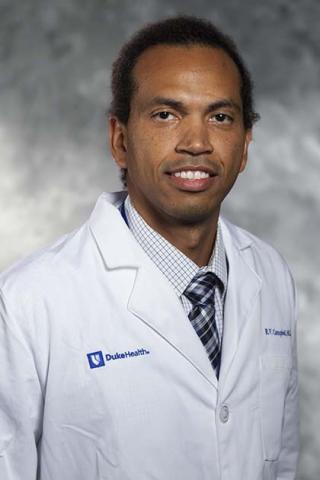For decades we have known that social circumstances such as poverty, structural racism, unstable housing, poor access to healthy food, unsafe environments, and lack of education are major drivers of health. During a pandemic these drivers are amplified. This leads to increased burden in already marginalized groups that have been subjected to a system of inequality that permeates every aspect of our society.
Four months into the pandemic, I read a blog post by Dr. Derek Feeley, president and CEO of the Institute for Healthcare Improvement (IHI), titled “Covid-19 and equity: Tragedy and Opportunity”, which highlighted the negative effect that public emergencies, such as the one in which we currently live, can have on the most vulnerable. This is the tragedy. The opportunity, according to Dr. Feeley, is the fact that, by placing the issue of health inequity front and center in the public eye, we may finally be ready to make the changes that are so needed in our health care system.
Unfortunately, there is no guarantee that this will happen. History tells us so. Seventy-two years have passed since the Universal Declaration of Human Rights of 1948, signed and promoted by the United States. And in those 72 years we have repeatedly failed to uphold the right to health of everyone living in this country, which was alluded in article 25 of such declaration. Our idea of what constitutes human rights was as clear in 1948 as it is now, and yet, 72 years later, we have failed to agree on a system that will deliver those rights to everybody.
‘We Have to Be Honest and Invest in Social Drivers of Health’
What lies ahead is a tremendous task, not the least of which is to contend with the current political climate of division derailing efforts to achieve significant progress. “Every system is perfectly designed to achieve the results that it gets”1 and, if we want better outcomes, such system has to change; there is no question about that. But how do we change a system that is so entrenched and represents a number of vested interests that have relegated public health to secondary terms?
First, we have to be honest. Honest in recognizing the unfortunate reality that our current policies are sometimes more concerned with promoting the economic survival of industries and institutions than in the attainment of a just and equitable system of health care delivery. Second, we have to invest in social drivers of health for the reasons already mentioned above. As Donald Berwick points out in “The moral determinants of health,” such investment is logically possible but appears to be politically impossible in this country, unless a sense of social solidarity finally takes over and we, as health care professionals, decide to unite against the economic and political forces that continue to stack up against the desired outcome.
‘Our Voices Have Not Been Loud Enough’
As health care providers we have much at stake and much to win for our patients if, in addition to becoming excellent clinicians, we also become agents for health care policy change. Too long our lobbying efforts have been fragmented and, whereas we have been effective at arguing for better reimbursement and regulatory relief, our voices have not been loud enough when it comes to arguing for investment into social determinants of health.
We choose a career in health care because we wanted to help others. We serve our patients when they are most vulnerable and recognize the greater influences that lead to such vulnerabilities. We know that social determinants of health are at the root of chronic conditions that prevail in marginalized groups and yet we are limited in our ability to influence those circumstances. Our traditional role as health care providers addressing illness is limited if we do not expand our role to demand and support societal reform.
We recently held major elections and voting is, needless to say, as important as ever. But we must remain united as a single voice that places the health of the population above all other interests so that we finally come true on our promise of equal human rights for everyone, a promise that we made to ourselves 72 years ago, in the wake of WWII.
Roosevelt Campbell is a third-year resident with the Duke Family Medicine Residency Program. Email roosevelt.campbell@duke.edu with questions.
Editor’s note: Duke Family Medicine residents guest blog every month. Blogs represent the opinion of the author, not the Duke Family Medicine Residency Program, the Department of Family Medicine and Community Health, or Duke University.
1Origin of quote is complex and discussed here: http://www.ihi.org/communities/blogs/origin-of-every-system-is-perfectly-designed-quote
